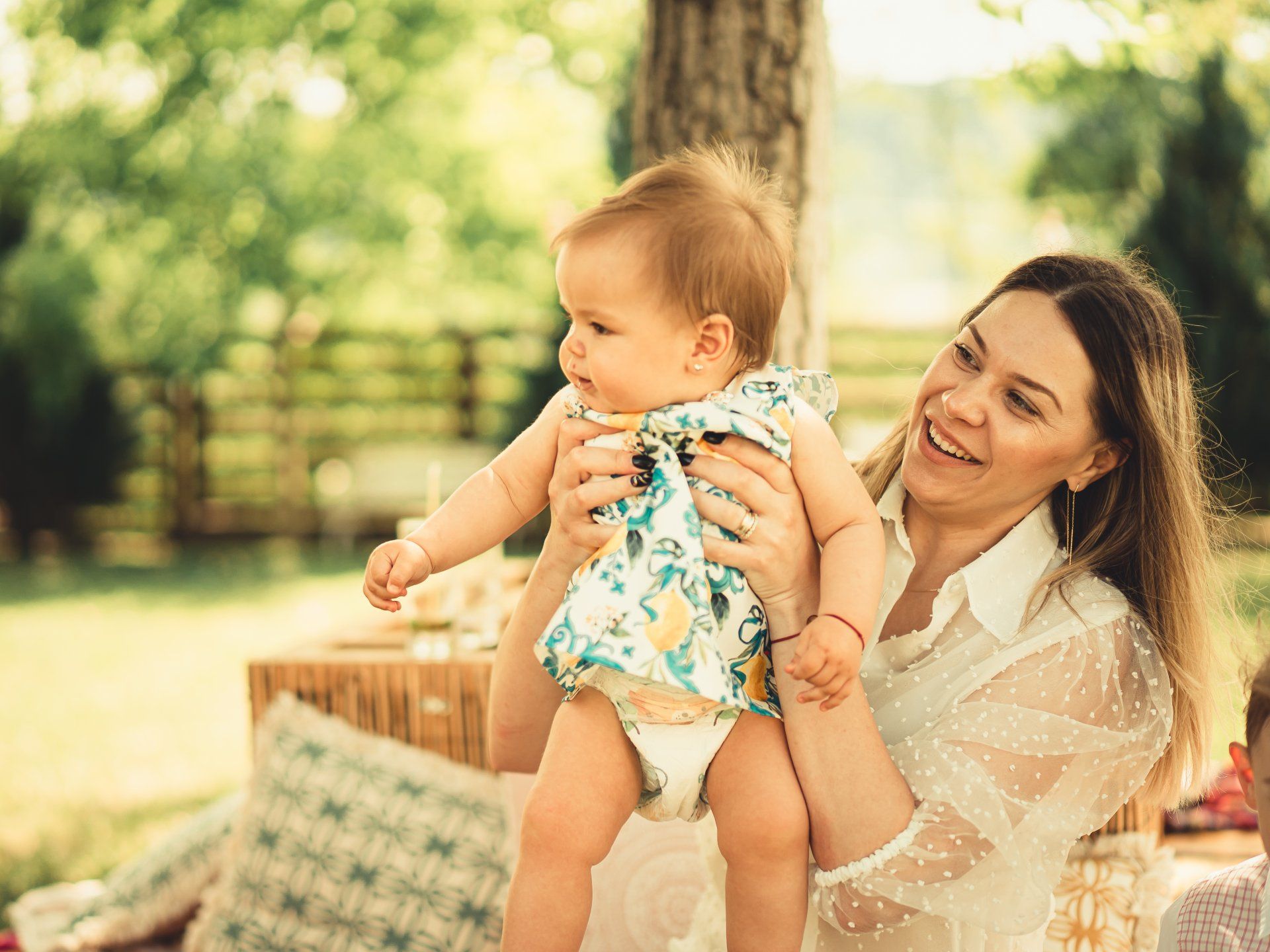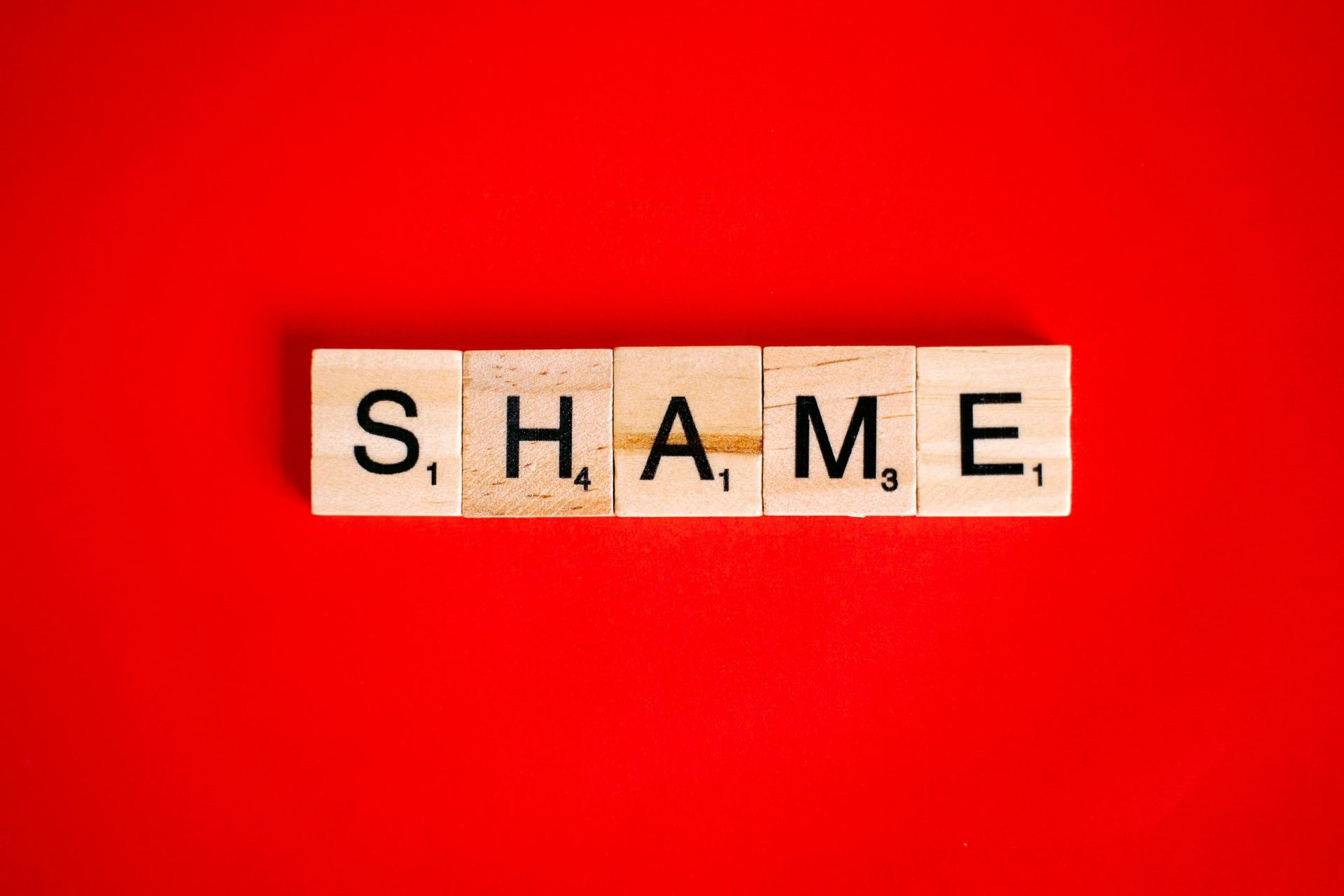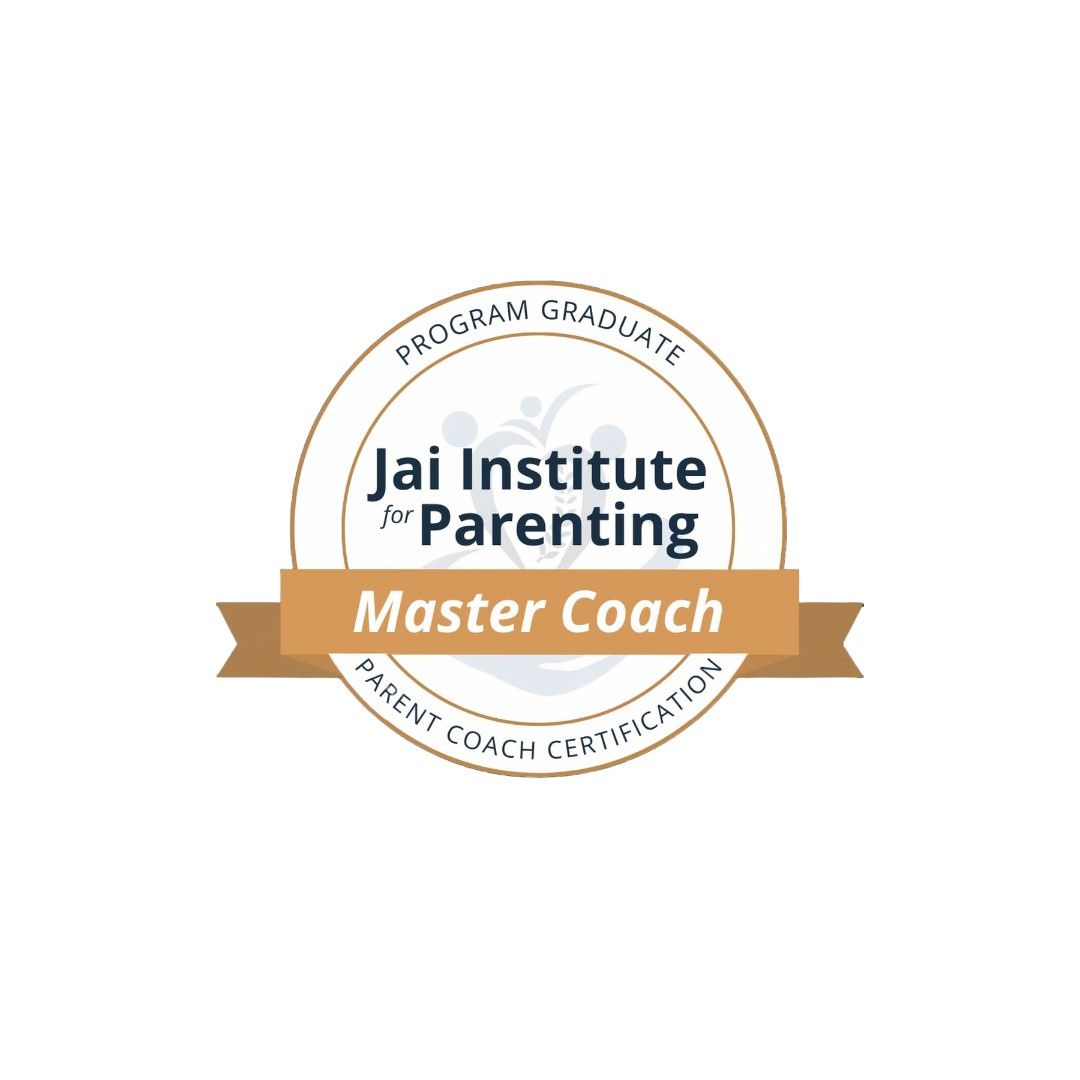Education based on fear, shame and control
Why is not effective and what to do instead?

Parents use power and control to get children to cooperate.
In our parents' generation, children were seen as their behavior.
They used tactics such as arguments, threats, bribes, blackmail or corporal punishment to get the child to "behave or be good".
These methods change the child's actions externally, but do not address the internal cause that led to this behavior.
The idea behind fear, shame and control parenting is that if the child fears the consequences imposed by the parent, they are more likely to be "obedient"
Such threats can be: time-outs, spanking, punishments or imposing consequences by confiscating a toy or taking away a privilege
Example: "If you don't eat, you're not allowed on the tablet", "If you don't listen to me, I don't love you."
It involves conditioning love, which creates a lot of fear and confusion for the developing child's brain and body.
This model of parenting is out of fear and anxiety, not curiosity and growth
It means decisions based on fears about future outcomes:
Example:
"If you don't get a high grade on the test, you won't get into college, you won't have a good job, etc. " the spiral of thoughts when we are feeling fear or anxiety.
Or out of fear for other people's opinions:
Example:
"Don't throw yourself down because you're making other's laugh about you" -"Shut up because people are looking at us"
"Don't cry because it's not beautiful", where shame is used for the desired behavior, without considering the underlying cause of the behavior.
When we shift the paradigm from trying to change behavior to understanding the child's behavior, we have more cooperation without resorting to fear or shame and our kids feel understood, respected and valued. 😊
Why the fear and shame based education doesn't work?
Fear triggers the release of stress hormones that inhibit the functioning of the prefrontal cortex. So when parents use fear to teach, their children literally cannot learn the lesson, even if they want to.
Sometimes when parents don't get the results they want from punishing their children, they think their children are stubborn and need more punishment, or control. To be more strict with their children so they will " learn the lesson" and not become a "spoiled brat".
If the child fights back even more, things quickly escalate into a coercive cycle that not only fails to correct the behavior, but contributes to the development of oppositional behavior. This fear triggers his defense mechanism. Children, or people, naturally want to avoid punishment. and to avoid punishment they "reserve" their behavior for when their parents are not around. They may also actively challenge the punishment or lash out at the parents, creating a power struggle.
If children are punished for making a bad choice, they may lie to avoid the punishment rather than to avoid the behavior you are trying to stop.
Most parents believe that punishing their children will help them achieve the first type of result, but many children end up using other ways to avoid punishment.
Moreover, punishment does not help children develop their conscience or emotion regulation skills. Children who lack an internal guidance system are less likely to maintain self-control and make positive moral choices without parental supervision.
Harsh parenting methods, such as corporal punishment, teach children that being aggressive, cruel, or rigid is the best solution to problems.
Countless studies have shown that children who receive punishment are more likely to engage in aggressive behavior, the kind of behavior parents want to avoid.
Getting attention, even if it's negative, is one of the most powerful rewards for children. So punishment can serve more as a reward that reinforces negative behavior in children. Because the reason for the cause of the behavior is not addressed. On the long term it creates negative emotions and deteriorates the parent-child relationship.
Children who are repeatedly punished associate their negative emotions with the punisher and the behavior demanded by their parents. This phenomenon is called evaluative conditioning, a type of classical conditioning.
When the parent-child relationship is damaged, the child is less likely to obey the parents. They may also be less likely to adopt the desired behavior, which reduces intrinsic behavioral motivation.
Punishing children may lead to temporary compliance, but such extrinsic motivation is not sustainable in the long term. If parents cannot punish children's unwanted behaviors every time they occur, the effects on children will eventually disappear.
Ideas that children do not receive punishment cause fears about coddling, letting children off the hook, or becoming permissive parents. This couldn't be further from the truth.
Not punishing is not the same as not teaching, because that's not what discipline is all about.
What is the effect of using fear of separation?
Example : " I'm leaving and I will let you here if you don't come with me now!"
Using such methods of forced compliance it doesn't create the desired trust-based and respectful relationship. It might work with a toddler, but it will not work with a teenager.
It runs counter to a child's growing need for autonomy as they grow and discover the world. It can backlash with higher rates of rebellion, as children rebel against extreme control.
Over time, this lack of trust can create a wedge between you and your child, causing your relationship to become more distant as your child grows up and begins to make his own choices. Stays in dysfunctional and toxic relationships because of being afraid of loneliness or separation.
If we use such punishments as "stay in your room until you behave nicely" , "I leave you here if you don't listen to what I say" even if children are littler, they will remember. Even if not consciously, their nervous system will remember the fear, the panic, the abuse they've felt.
It is actually the most common trigger for us as parents, to feel helpless, scared, ashamed in our parenting. And sometimes we are unaware of it when we lash out.
The brain has a superpower called neural plasticity. With each experience, new neural circuits are created. Numerous studies have been done that demonstrate the link between physical and emotional experience in childhood and physical and emotional health in adulthood.
Physical and emotional abuse and neglect it is visible at maturity.
The old saying " Time heals all wounds" is not accurate, nor true. With time we learn to adapt and we create strategies to make sure that we don't go through the same pain again.
As human beings, we are built to seek connection in times of stress in order to survive. The baby has a need and expresses it through the only way it knows: crying. Not only physical needs but also emotional ones.
If from previous experiences, as a child he initiated the connection - even through an undesirable behavior - he was abandoned, he remained with the belief that the connection is not safe and it hurts more to be abandoned than to be alone.
In the behaviorist era, there was no curiosity for anything beyond behavior. It disassociates from the real self and attaches itself to a false identity:
"I am what I do"
"I am what I create"
"I am what I get"
"I am what I accomplish"
"I am how others see me and what they say about me."
That creates anxiety, depression, doubts, materialism, addictions etc.
From a punishment such as time-out, whether he is put in time out, sent to his room - the child understands that he is loved conditioned, he is loved for what he does, for how he behaves and disassociates from himself to save the attachment to his/ her caregivers.
When you cannot offer empathy and curiosity, you fall into shame and fear, you think you are not enough. That you are not capable and you don't deserve it.
You might ask now : " Okay, but what is the alternative?"
Awareness of your own fears, shames, limiting beliefs and patterns learned from childhood.
Where do your emotions end and your child's begin. Learning to separate your worth from your child's behavior.
Connecting with your authentic Self to lead with compassion and love.
Start with Connection
If your child shows unsafe or unwanted behavior, our role as parents should be to connect, not react. I know that it sounds simple, but difficult to apply in real life scenario.
This might mean that instead of shouting "Listen to me!" or "Stop acting like that!"
My suggestion is to first consider making eye contact, get down at your child's level ( if that the case) and talk slowly and gently to your child, touch him/her on the shoulder and name what they might be feeling or just listen for the reason. After the storm has passed make a plan for next time. Invite your child to come up with ideas that will be mutually supportive.
For example, if your child gets upset when it's time to leave the park, you can whisper in your child ear: " In 5 minutes we are leaving. Is that something you want to do before we go? Do you want to use the slide or the swing?" - offering choices help them feel more autonomy.
Offer empathy for the hard feelings:
“I know it's hard to leave when you have fun. ” Then you can join them in their fantasy : " Wouldn't be great if we could stay in the park all day and night?"
In conscious education, limits are set based on family values. Structures, routines and a rhythm is created by which things are carried out. Your family flow. This is how you create habits, set intentions, explain your expectations and limits so that your little one to feel safe and so are you.
Do you want educate with connection instead of fear, shame or control? Do you want to learn how to set healthy limits, understand behaviors, build emotional regulation and stop the power struggles?
Book now a free parent coaching session to gain more clarity around your family dynamics!








